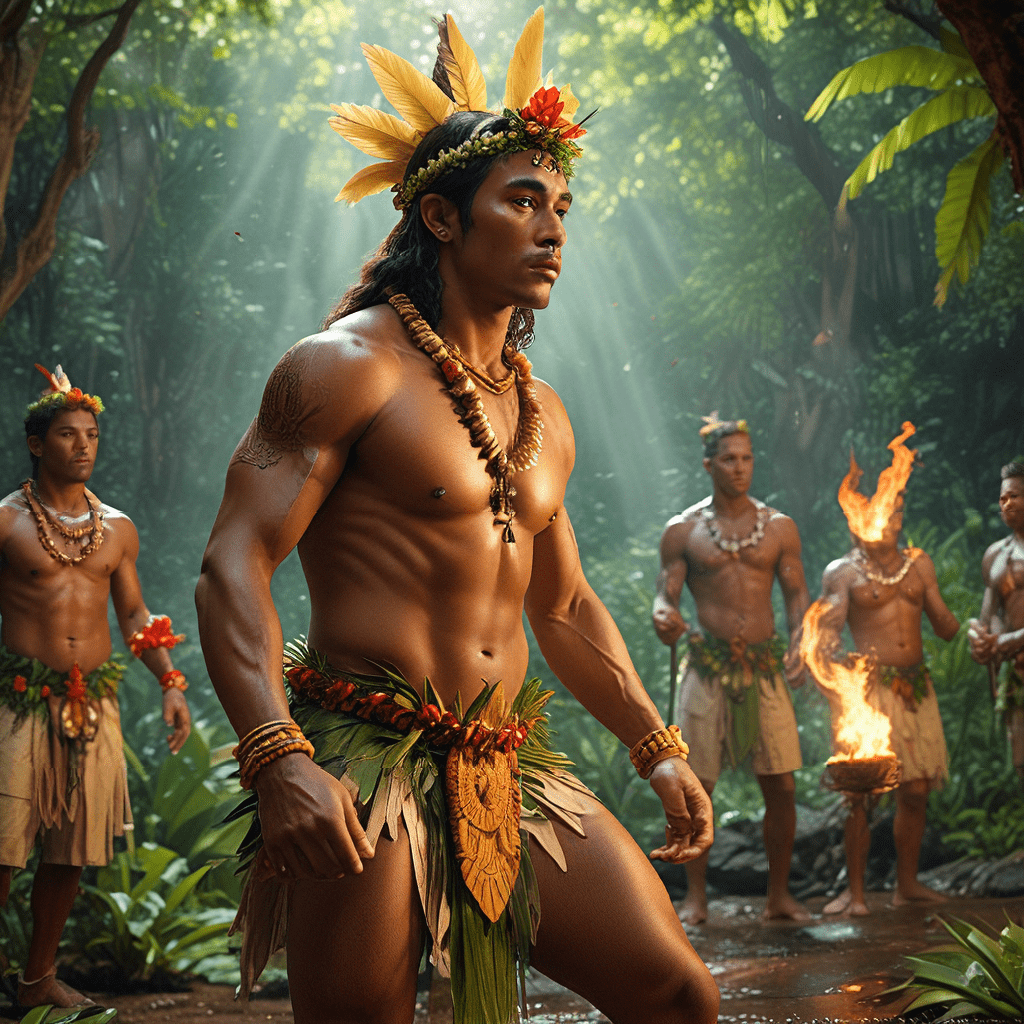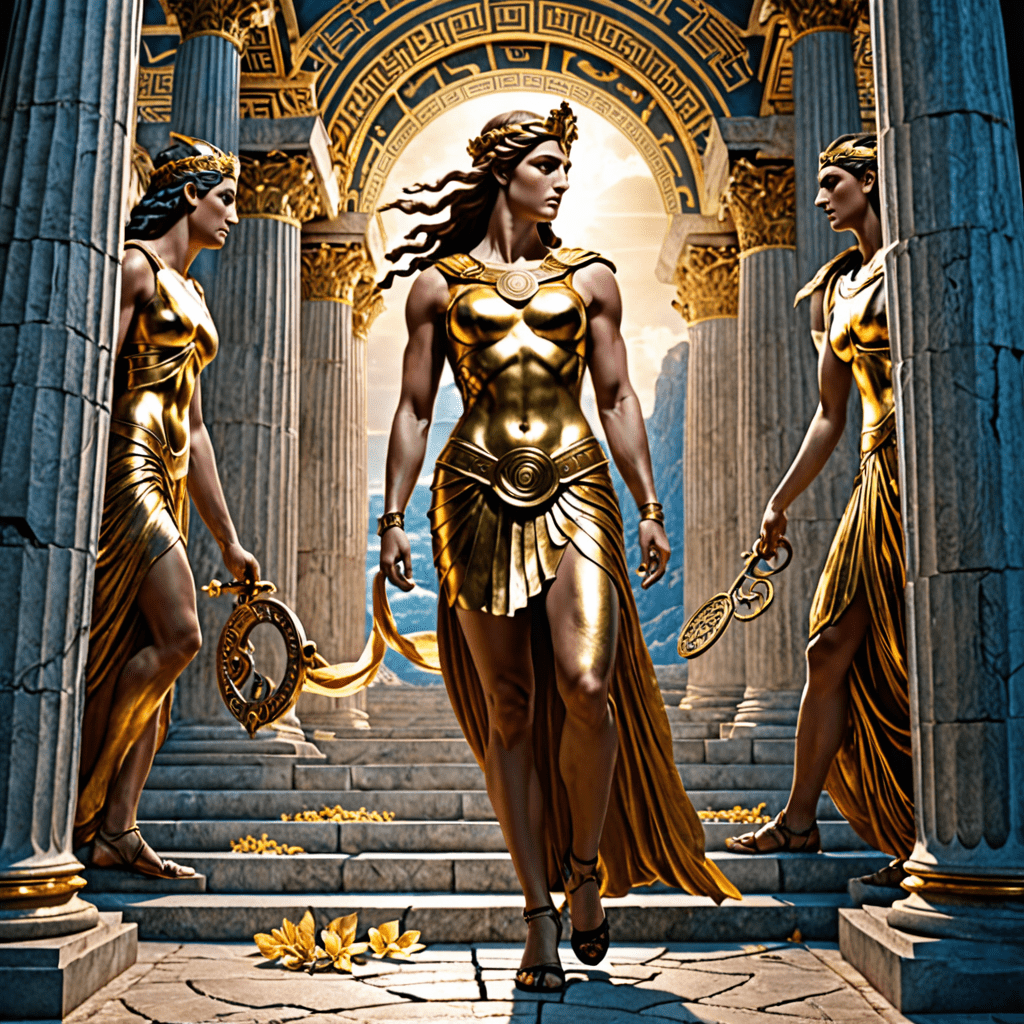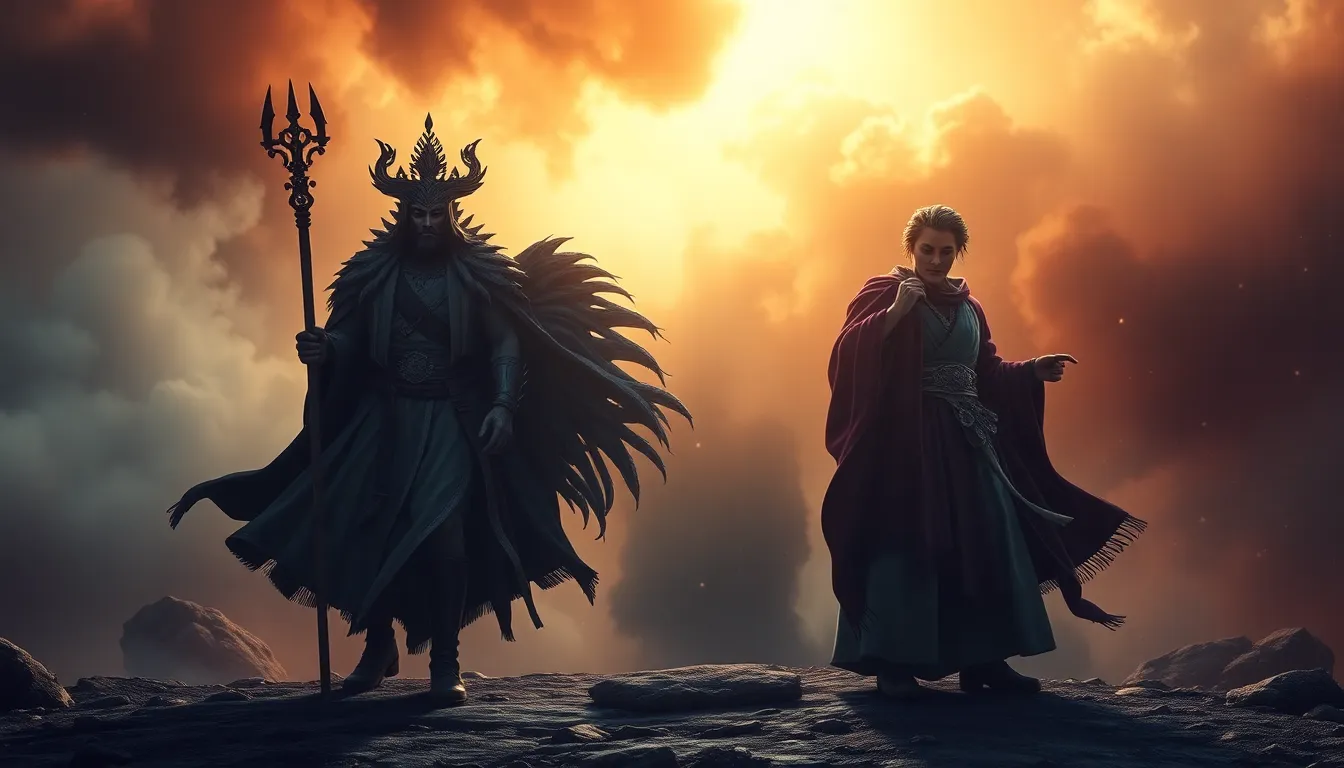The Legend of El Dorado in South American Mythology
Origins of the Legend
In the heart of South America, amidst the lush rainforests and towering mountains, originated the captivating legend of El Dorado, a mythical city of unparalleled wealth and splendor. The legend, which has captured the imagination of explorers and adventurers for centuries, entwines the indigenous beliefs of the region with the insatiable thirst for gold that fueled the Spanish conquistadors.
The Enigmatic City of Manoa
The focal point of the El Dorado legend is the enigmatic city of Manoa, reputed to be concealed deep within the uncharted Amazon rainforest. According to native lore, Manoa was the capital of a prosperous and advanced civilization, its streets paved with gold and its buildings adorned with precious jewels. The city was said to be ruled by a king, known as the "Golden One," who covered his entire body in gold dust during sacred ceremonies.
The Gold-Covered King
The figure of the Gold-Covered King is central to the legend of El Dorado. The indigenous peoples believed that the king embodied the sun god, and by covering himself in gold, he represented the sun's brilliance and power. The king's ritualistic practice of covering himself in gold dust during ceremonies is thought to have originated from the belief that gold possessed sacred properties, connecting the physical and spiritual realms.
Explorers and Conquistadors
The legend of El Dorado captivated the imagination of Spanish explorers and conquistadors, who embarked on perilous expeditions into the Amazon in search of the mythical city and its fabled treasures. The legend fueled their dreams of immense wealth and spurred them to endure the hardships and dangers of the Amazonian wilderness. Among the most famous explorers who searched for El Dorado was Francisco de Orellana, who in 1541 became the first European to navigate the Amazon River.
Search for the Lost City
The search for the lost city of Manoa became an obsession for countless adventurers, both European and indigenous. Over the centuries, numerous expeditions have ventured into the Amazon, hoping to uncover the secrets of El Dorado. However, despite relentless efforts, the city has remained elusive, its location lost to time and shrouded in mystery.
6. Modern Interpretations and Theories
Over the centuries, the legend of El Dorado has evolved, giving rise to various interpretations and theories. Some scholars believe that the city of Manoa was a metaphorical representation of an ideal society, a utopia where wealth and power were not the primary concerns. Others suggest that the legend may have been based on an actual pre-Columbian civilization that existed in the Amazon region, whose riches were exaggerated by European explorers.
7. Historical Basis of the Legend
While the exact origins of the El Dorado legend remain uncertain, there is evidence to suggest a historical basis for the story. The indigenous Muisca people of Colombia had a tradition of covering themselves in gold dust during religious ceremonies, and their leader, known as the "Zipa," was believed to possess immense wealth. It is possible that the Spanish conquistadors, upon encountering the Muisca people, conflated their practices with the legend of El Dorado.
8. The Incan Empire and El Dorado
The Incan Empire, which flourished in the Andes Mountains during the 15th and 16th centuries, also played a role in the El Dorado legend. The Incas were renowned for their goldsmithing skills and possessed vast amounts of gold. The Spanish conquistadors, after conquering the Incan Empire, may have heard rumors of a hidden city of gold in the Amazon, which further fueled the legend of El Dorado.
9. Symbolism and Allegories
The legend of El Dorado has been interpreted on a symbolic level, representing the allure of wealth and the human desire for material possessions. The elusive nature of the city can be seen as a metaphor for the unattainability of true happiness and fulfillment. The gold-covered king may symbolize the dangers of greed and the corrupting influence of wealth.
10. Lasting Legacy and Cultural Impact
The legend of El Dorado has had a profound impact on South American culture and beyond. It has inspired countless works of literature, art, and music, and continues to fascinate people around the world. The legend has also left a legacy of exploration and the pursuit of wealth, both in the Amazon rainforest and beyond.
FAQs
Q: Is El Dorado a real city?
A: The exact location of El Dorado remains unknown, and it is generally considered to be a mythical city.
Q: Who first discovered El Dorado?
A: The legend of El Dorado originated with the indigenous peoples of South America, but it was first recorded by Spanish explorers in the 16th century.
Q: What is the significance of gold in the El Dorado legend?
A: Gold represents wealth, power, and the sun god in the El Dorado legend. The gold-covered king is believed to embody the sun's brilliance and power.
Q: Why is El Dorado still searched for today?
A: The legend of El Dorado continues to inspire explorers and treasure hunters, who believe that the lost city may still exist in the Amazon rainforest.
Q: What is the moral of the El Dorado legend?
A: The El Dorado legend can be interpreted as a cautionary tale about the dangers of greed and the pursuit of material wealth.




